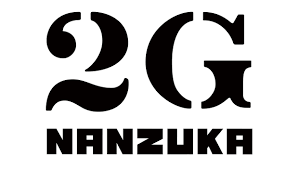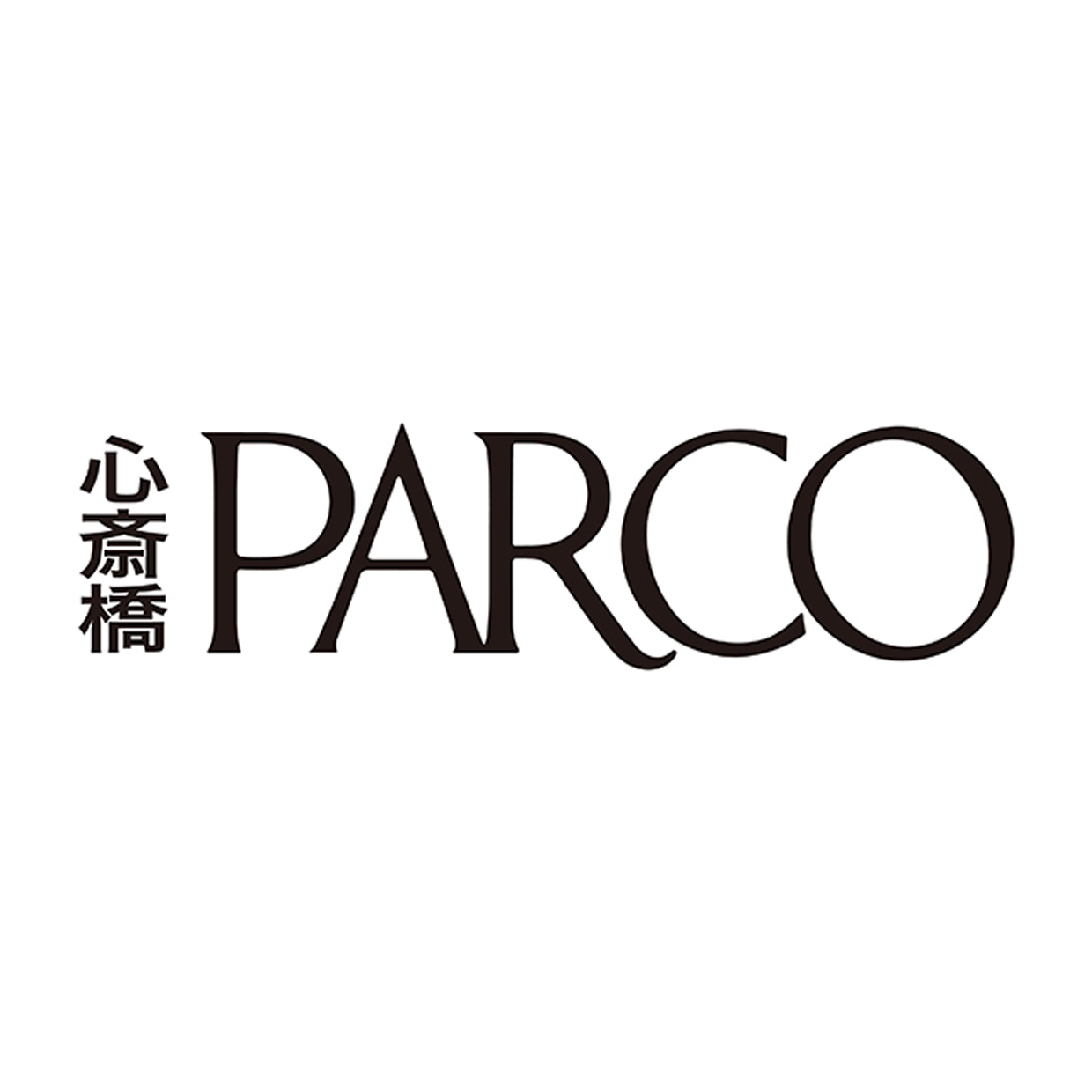"JP POP UNDERGROUND"
Akiyoshi Mishima, Hajime Sorayama, Haroshi, Harumi Yamaguchi, Hiroh Kikai, Hiroki Tsukuda, Keiichi Tanaami, Koichi Sato, Makoto Taniguchi, Masato Mori, Mitsunori Kimura, Ryuichi Ohira, Tetsuya Nakamura, Tomoki Kurokawa, Toshio Saeki, YOSHIROTTEN
curated by NANZUKA
presented by the gallery :

NANZUKA 2G
2 G, PARCO 2F 15-1 Udagawa-cho, Shibuya-ku, Tokyo Tel: +81-3-3400-0075 (NANZUKA) Japan
Tel: +81-03-3464-5111



Shinsaibashi PARCO EVENT HALL
1-8-3, Shinsaibashisuji, Chuo-ku, Osaka-shi, Osaka
November 20th > December 6th, 2020, 2020

Shinsaibashi PARCO is pleased to present “JP POP UNDERGROUND,” a group exhibition curated by contemporary art gallery NANZUKA, based in Shibuya. This is the final chapter of a series of exhibitions that following the concept of “TOKYO POP UNDERGROUD,” which was held at Jeffery Deitch Gallery in New York and Los Angeles last year, and “Global Pop Underground”, which was held at PARCO Museum Tokyo in July this year.
In “TOKYO POP UNDERGROUD,” Nanzuka explored the context of Japanese artists outside the framework of "fine art (art for art’s sake)," citing historical backgrounds that are unique to Japan. Originally in Japan up until the Meiji period, most of what was referred to as art were practical items, and had therefore developed together and in integration with popular culture. There are indeed too many examples to mention, from calligraphy to byobu (folding screens) and fusuma (sliding paper doors) paintings, crafts such as tea utensils and negoro lacquerware, netsuke (miniature sculptures used as key-holders), Ukiyo-e that served as posters and commercial portraits, and intricately realistic handcrafts like iki-ningyou (life-like dolls) that were made for exhibitory=performance purposes. Such “creations” can essentially be regarded as “pop” due to their popular and democratic nature, and are what is referred to as “underground” within the fabric of academic art.
Within “GLOBAL POP UNDERGROUND”, the definition of “Underground,” was mentioned as a cultural language in our current age, while incorporating counter areas such as sex, punk, cyber, science fiction, psychedelic, street, manga/otaku which are often considered as “low” in opposition to “high” art, is indeed starting to be reviewed on a global scale. This movement can be regarded as a phenomenon that has emerged as a counter to the social situation in today's developed countries, which are intensifying in their tendencies towards exclusionism, namely, that can be deemed as the trajectories of challenges to planned scenarios, protected values, and distorted and used public sentiments.
“JP POP UNDERGROUND” is a thematic group exhibition evokes a box garden, reflecting the country of Japan, which has restarted from the ruins after the war and has been aiming for the future while overcoming the adversity despite a number of natural disasters hit the country. All of the Japanese artists included in this exhibition who lived after the war, such as Keiichi Tanaami, Hajime Sorayama, Harumi Yamaguchi, Toshio Saeki, and Hiroo Kikai, were not highly evaluated within the Japanese art world because of their innovation and uniqueness. However, due to the recent globalization of the art scene and the support of younger generation artists, their reputation is reviews again. I hope that this exhibition will be a singular point that embodies the essential strength and intellect of human creativity in the current world under the new virus threat on a global scale.
Shinji Nanzuka
In “TOKYO POP UNDERGROUD,” Nanzuka explored the context of Japanese artists outside the framework of "fine art (art for art’s sake)," citing historical backgrounds that are unique to Japan. Originally in Japan up until the Meiji period, most of what was referred to as art were practical items, and had therefore developed together and in integration with popular culture. There are indeed too many examples to mention, from calligraphy to byobu (folding screens) and fusuma (sliding paper doors) paintings, crafts such as tea utensils and negoro lacquerware, netsuke (miniature sculptures used as key-holders), Ukiyo-e that served as posters and commercial portraits, and intricately realistic handcrafts like iki-ningyou (life-like dolls) that were made for exhibitory=performance purposes. Such “creations” can essentially be regarded as “pop” due to their popular and democratic nature, and are what is referred to as “underground” within the fabric of academic art.
Within “GLOBAL POP UNDERGROUND”, the definition of “Underground,” was mentioned as a cultural language in our current age, while incorporating counter areas such as sex, punk, cyber, science fiction, psychedelic, street, manga/otaku which are often considered as “low” in opposition to “high” art, is indeed starting to be reviewed on a global scale. This movement can be regarded as a phenomenon that has emerged as a counter to the social situation in today's developed countries, which are intensifying in their tendencies towards exclusionism, namely, that can be deemed as the trajectories of challenges to planned scenarios, protected values, and distorted and used public sentiments.
“JP POP UNDERGROUND” is a thematic group exhibition evokes a box garden, reflecting the country of Japan, which has restarted from the ruins after the war and has been aiming for the future while overcoming the adversity despite a number of natural disasters hit the country. All of the Japanese artists included in this exhibition who lived after the war, such as Keiichi Tanaami, Hajime Sorayama, Harumi Yamaguchi, Toshio Saeki, and Hiroo Kikai, were not highly evaluated within the Japanese art world because of their innovation and uniqueness. However, due to the recent globalization of the art scene and the support of younger generation artists, their reputation is reviews again. I hope that this exhibition will be a singular point that embodies the essential strength and intellect of human creativity in the current world under the new virus threat on a global scale.
Shinji Nanzuka
 | Akiyoshi Mishima |
 | Hajime Sorayama |
 | Haroshi |
 | Harumi Yamaguchi |
 | Hiroh Kikai |
 | Hiroki Tsukuda |
 | Keiichi Tanaami |
 | Koichi Sato |
 | Makoto Taniguchi |
 | Masato Mori |
 | Mitsunori Kimura |
 | Ryuichi Ohira |
 | Tetsuya Nakamura |
 | Tomoki Kurokawa |
 | Toshio Saeki |
 | Yoshirotten |
* Last admission 30 minutes before closing. * Closed at 18:00 on the last day, 6th December (Sun). * Due to the impact of Covid-19, there would be the possibility of changing the opening hours or being closed.
Admission fee:
Adult 500 JPY
Student 400 JPY
Free for elementary school students and younger
QR of this press release
in your phone, tablet








